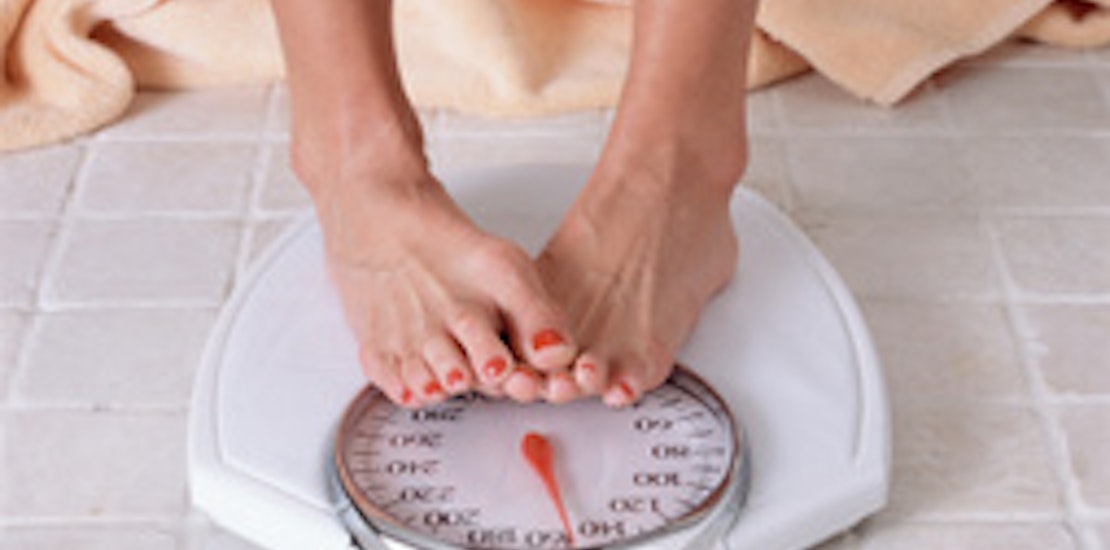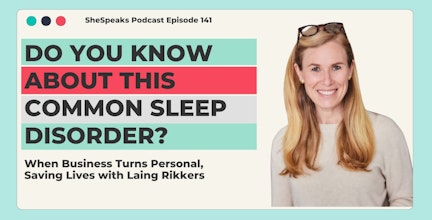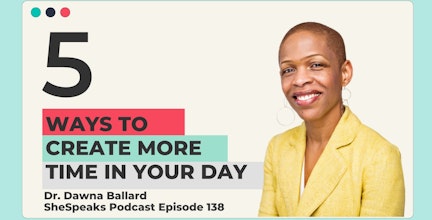Can Eating Slowly Help You Lose Weight?

The endless parade of diet advice can be maddening. Cut the fat. Avoid sugar. Banish carbohydrates. Whoops?now some carbs are okay; just watch out for refined flour. Do less cardio. Don’t eat after dark. Fast before you exercise. Don’t eat white food. Don’t buy ingredients you can’t pronounce. Don’t cook anything to above 104 degrees ?
Thunk.
Ever since the 1970s, some people have claimed that the speed at which we eat has a big effect on how many calories we consume. This theory proposes that when we eat quickly, our stomachs don’t have time to tell our brains we’re full, and that lost signal leads to overeating. By eating slowly and deliberately, on the other hand, we give the hormones that indicate satiety a chance to function properly.
For every piece of diet advice, there’s always a naysayer. One researcher at the University of Pennsylvania claims that although eating slowly may translate to eating less, it’s not so effective as a weight-loss method. Her study, conducted in 1991, showed that in the initial stages of weight loss, eating slowly makes a difference, but after several months, there is no distinction between slow eaters and quick eaters. The UPenn team also hypothesizes that even though eating slowly can reduce the number of calories per bite, most people still end up eating the same number of calories in the end?they just take longer to do it.
Make a Comment
 by
MyEmptyCanvas | KOSCIUSKO, MS
by
MyEmptyCanvas | KOSCIUSKO, MSI'm not a slow eater... never saw the point in taking over an hour to eat 1 meal. I have other things to do LOL. I can see why someone would think that eating slower helps.. but 20 minutes each bite? Seriously - no way... how is the rest of your food not cold by the time you get through chewing 2 bites of food!?! That'd be a big waste to go though all that cooking to then chow-down on cold food. But maybe that's an extreme slow eater that that happens to. Ehhhh ????
 by
monkeyking | Sugar Land, TX
by
monkeyking | Sugar Land, TXdrink more water or tea better than soda.
 by
Von411 | El paso, TX
by
Von411 | El paso, TXWell try as I may. Eating slow is always a problem for me. However I am going to try and slow down. So the rest of my body can catch up with my stomach.. Had to laugh....
 by
Bunny26 | LAS VEGAS, NV
by
Bunny26 | LAS VEGAS, NVI agree that eating slowly is best but not possible in our busy lives.Whenever I eat in a hurry I notice that my tummy is bulging,bloated and gassy!(eww)
 by
aniam03 | Lawrenceville, GA
by
aniam03 | Lawrenceville, GAIn such a fast pased society - everything is rushed. The way food grows (hormone and steroid induces) the way we cook (KFC counts as cooking right??) and of course - what and how fast we consume our food. Yes we need to make healthy choices, excercise, blah blah. We hear that everyday. On the radio, newspapers, tv, ads - and more and more people are over weight. Its not just "us" and the decisions we make (of course it contributes greately) but our lives revolve around jobs, bills, stress. Always being on the run, always something to do. If our society slowed down, so would our increasing wastelines.
 by
purpleflower | BRIGHTON, MI
by
purpleflower | BRIGHTON, MIMany of us live in a rush-rush world with eating on the go is almost a given. Couple this with an instant-gratification society, it is hard to consistently eat slowly. Certainly, eating slowly when feasible is advantatgeous, but it is as important to adopt a healthy mindset in which you are consistently making good food choices and exercising as much as you can. The bottom line with weight control is not taking in more calories than you burn. So, eat slowly when you can, constistently make good food choices, exercise regularly and you'll set yourself up for a healthy lifestyle.
 by
beckymaxwell | LOGANVILLE, GA
by
beckymaxwell | LOGANVILLE, GAYes! when you eat slowly you're giving your body time to give you the signs that you're full. My mom used to eat super slow while my dad and I would inhale ours. We'd be like vultures waiting to eat what she had leftover from being too full to finish. Which would explain why my dad and I were always chunky and she was very thin! Everything i've learned from eating slowly and waiting on the signs your body gives is what inspired me to write my book Stop Dieting and Just Eat. You can find my book at Lulu.com if you're interested.
 by
missanica | Holiday, FL
by
missanica | Holiday, FLI've always stood at a very thin, constant weight since high school and I eat very slow, drives my husband crazy! I can definitely see how this theory can hold some truth.








_10242023164832.jpg?max-w=432&max-h=220&fit=crop&auto=format)

_08172023152001.jpg?max-w=432&max-h=220&fit=crop&auto=format)





_01252024061712.jpg?max-w=432&max-h=220&fit=crop&auto=format)


 (6)_07082023175312.jpg?max-w=432&max-h=220&fit=crop&auto=format)
 (1)_05192023144508.jpg?max-w=432&max-h=220&fit=crop&auto=format)
 (37)_05032023114523.jpg?max-w=432&max-h=220&fit=crop&auto=format)